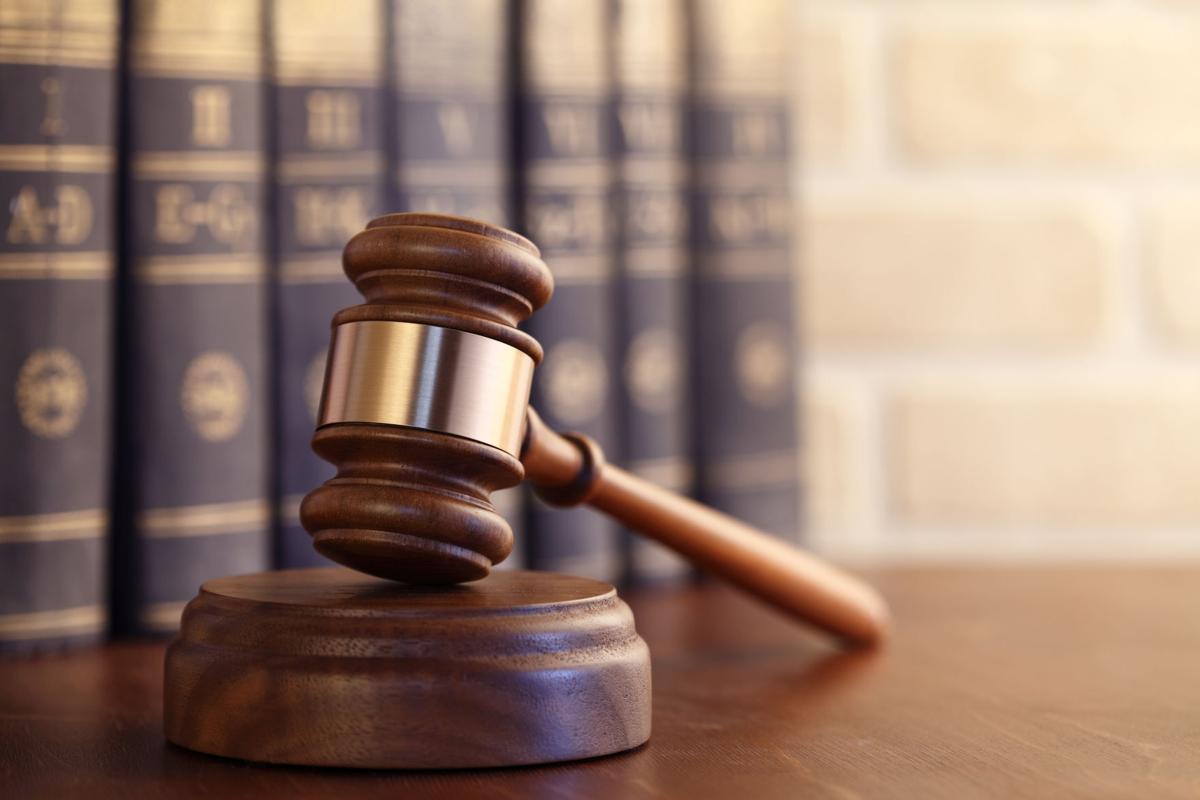PHOENIX – The way the mayors of Tucson, Phoenix and Flagstaff see it, when the state’s founders required initiative petitions to be filed as “sheets,” they didn’t necessarily mean paper.
In a new legal filing, the attorney for the mayors is telling the Arizona Supreme Court that nowhere in the Arizona Constitution does it require that signatures be gathered on something people can hold in their hands. And Shawn Aiken said what that means is that the court is free – and his clients believe should – give the go-ahead for groups seeking to put issues on the November ballot to use an electronic system for collecting signatures.
The mayors aren’t the only ones urging the justices to permit online signature gathering, at least during the pandemic.
In a separate legal filing, the attorney for the Professional Fire Fighters of Arizona and others is arguing that requiring petition circulators to make face-to-face contact with would be signers both endangers the firefighters and paramedics who might be called on to treat these people if the contract COVID-19. And if nothing else, Danny Adelman said if circulators decide to try to continue making personal contact they will be using up gloves and masks that are in short supply for the first responders who need them.
For the moment, the question of the future of initiative campaigns this year rests with the state’s high court. That’s because the only other challenge to the requirement for in-person petition circulation was tossed last week by a federal judge, though an appeal is planned.
Central to the case is the constitutional right of voters to propose their own laws and constitutional amendments.
Putting issues on the ballot requires the valid signatures of a certain number of voters, with the total based on the turnout in the last gubernatorial election. This year that figure is 237,645 for statutory changes and 356,467 for constitutional amendments.
None of that is in dispute. Nor is the July 2 deadline for submission.
What is in dispute is the form of those petitions given the problems in the traditional face-to-face methods of collection.
The Arizona Constitution requires “each sheet” containing signatures to be attached to a full and correct copy of the proposal. It also says that “every sheet of every such petition” must be verified by the person who circulated it.
Aiken, representing Tucson Mayor Regina Romero, Kate Gallego of Phoenix and Coral Evans of Flagstaff, said there is no mention of the word “paper.”
What makes that significant, he told the justices, is that the framers of the Arizona Constitution did, in fact, use the word “paper” when setting out the requirements for recall petitions.
“Where, as here, different language is used in different constitutional provisions, we must infer that a different meaning was intended,” Aiken wrote. “Under a straightforward reading of the text … therefore, the constitution permits initiative signatures on both electronic and paper ‘sheets.’ ”
Aiken does not argue that the people who crafted the constitution when Arizona became a state in 1912 foresaw the internet. But he said it would be wrong to interpret the requirement for petitions on “sheets” to mean on a piece of paper someone can hold.
“I think that’s overreading the text” of the constitution,” Aiken told Capitol Media Services.
“A sheet in front of me – and I’m looking at a PDF document in front of me right now – is something physical,” he said “It’s bits and bytes.”
Aiken said his reading makes the most sense.
“The court has always said we’re supposed to liberally construe the right to initiative,” he said. “And it would be cramped and antiquated to say that today it has to be paper when they didn’t use the term ‘paper.’ ”
He said it’s no different than federal courts concluding that when the U.S. Constitution guarantees freedom of the press that the founders also intended to cover things that didn’t exist at the time, like TV and radio.
That isn’t the way the state sees it.
In his own legal filing, Assistant Attorney General Drew Ensign told the justices that the Arizona Constitution means what it says: that every sheet of every petition must be verified by the person who witnesses the signature, with the circulators swearing that each name “was signed in the presence of the affiant.”
And Ensign said while the right to propose initiatives is important, that doesn’t mean the justices should – or could – allow for electronic filing of signatures when the constitution mandates the use of physical sheets.
“This court has recognized the critical importance of this provision, and further explained (in another case) that if it becomes too inconvenient for present-day operation, the remedy is to amend it – not to ignore it,” he wrote.





